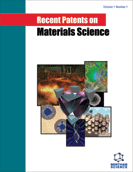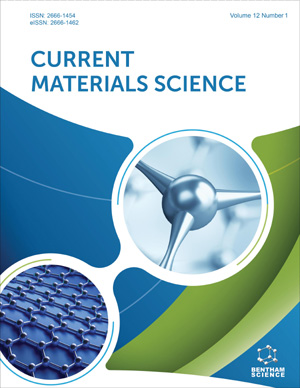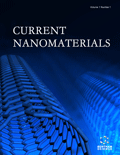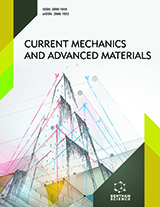Abstract
The life of human beings is moving at a breakneck pace, with a fast-moving
life demanding the need for devices for use in biomedical applications, which attracts
the interested researcher to work on ensuring novel breakthroughs. Processing of
biomaterials is one of the key factors that will exert an influence on impacting the
attributes of a biomaterial. Additive manufacturing is one of the promising routes by
which layer-by-layer creation of parts takes place from a computer-aided design (CAD)
file. Parts that cannot or are difficult to manufacture by other processing routes can be
easily manufactured using the technique of additive manufacturing (AM). Parts, such
as (i) stents, (ii) customized prosthetics, (iii) organs, and (iv) implants can be easily
manufactured using the technique of additive manufacturing (AM). With noticeable
advances in the domain specific to additive manufacturing, the biomedical field is
being revolutionized, and viable solutions to difficult problems are being put forth with
ease, and the resultant by-products offer a combination of acceptable to good
properties. The key benefits of the technique of additive manufacturing (AM) are low
cost, minimal material waste, and enhanced product reliability. This study explores
recent developments in both alloys and composite materials processed by the
techniques of additive manufacturing for selection and use in biomedical applications.
This review provides a highlight of the different additive manufacturing techniques
with specific reference to biomedical applications and additive manufacturing of
titanium alloys, the Co-Cr alloy, the magnesium alloys and their composite
counterparts. Multidisciplinary research will be required to meet and overcome any and
all obstacles while concurrently fulfilling the potential of additive manufacturing (AM)
in the years ahead.




















